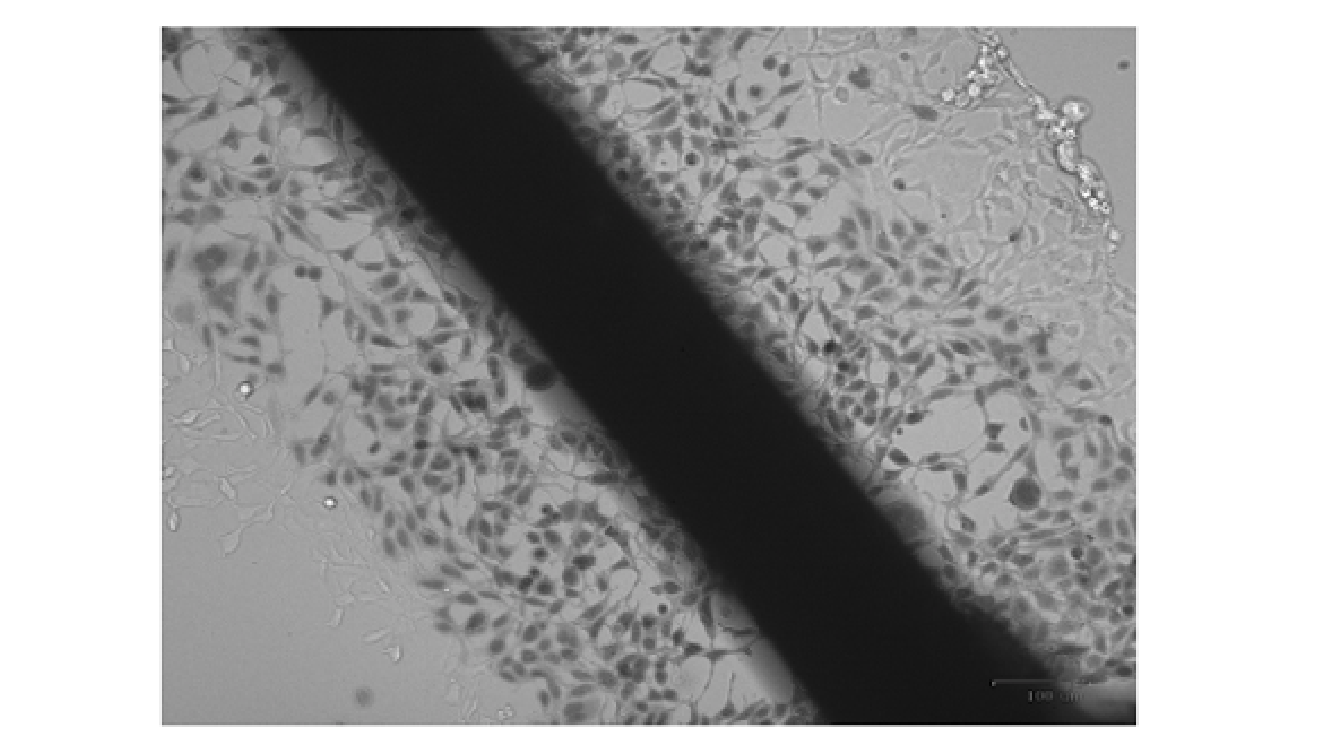Grad Research: Cancer Can’t Stand the Heat
Research conducted at the Carleton Optical Innovation Laboratory (COIL) by PhD student Sondos Alqarni has been selected as an editor’s pick in the recent issue of Applied Optics
Alqarni developed a novel optical fiber device that could be used to destroy cancer cells through a process called hyperthermia. Hyperthermia involves heating cancer cells to temperatures greater than 40, causing them to die.
Alqarni’s device incorporated a tilted fiber Bragg grating (TFBG) that reflected laser light out of the core of optical fiber to the surface. When the fiber surface surrounding the TFBG is coated with an absorbing material such as a dye or metal, the light coupled out of the core heats the coating and the surrounding environment.
One big advantage of using the TFBG is that it simultaneously monitors the local temperature, allowing Alqarni to target cancer cells while avoiding impacting the surrounding healthy tissue. She was able to successfully demonstrate a precise control of the temperature at the fiber surface and used her device to selectively kill real cancer cells.
Alqarni successfully defended her PhD and is now an assistant professor at King Khalid University in Saudi Arabia. She conducted her work under the supervision of Christopher Smelser (Department of Electronics principal investigator at COIL) in collaboration with Jacques Albert (Electronics) and William Willmore (Department of Biology).
